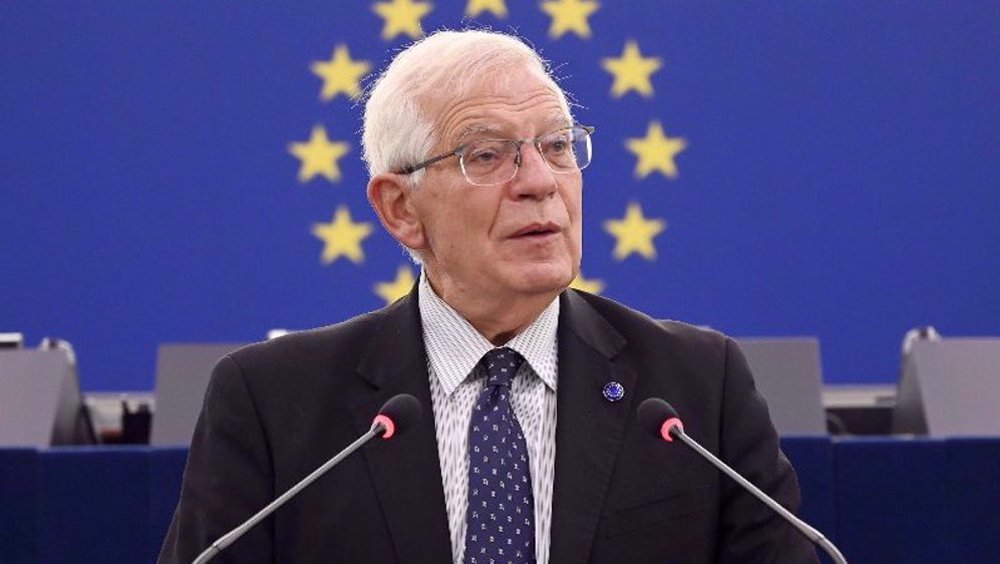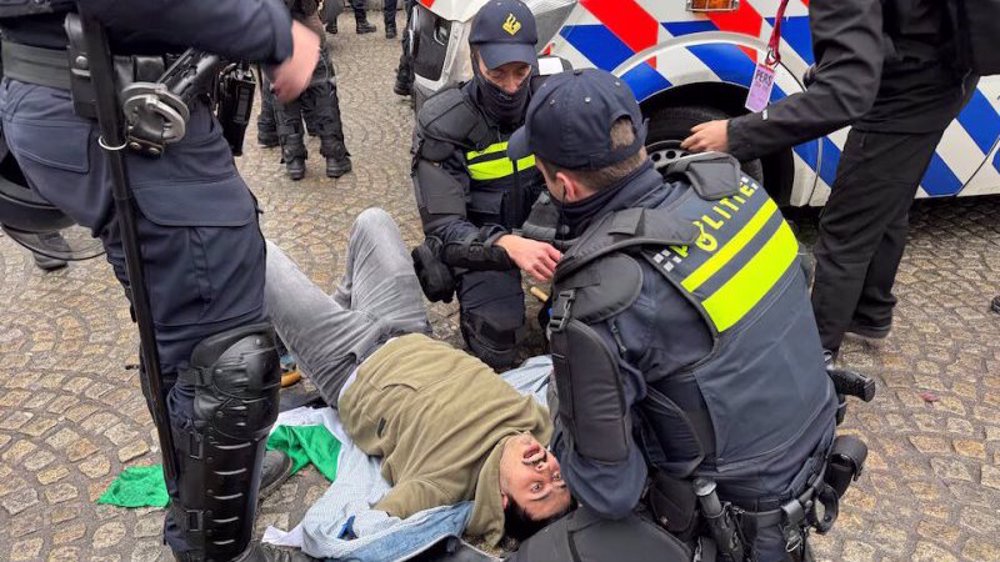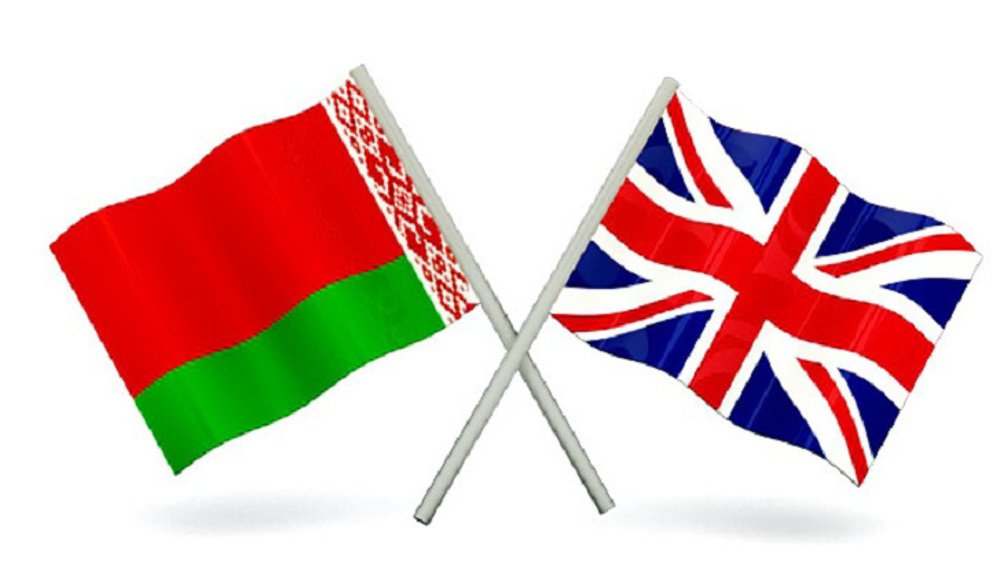EU sanctions Belarus; Russia calls it 'sign of weakness'
Minsk says it is introducing counter sanctions after the European Union adopted measures against members of the Belarus government following President Alexander Lukashenko's landslide re-election.
"In connection with visa sanctions adopted by the EU against a number of Belarusian officials, the Belarusian side from today is introducing a list of reciprocal sanctions," Belarus's foreign ministry said in a statement.
The Kremlin described the move as a sign of political weakness. "In general we are very, very negative about the sanctions policy... this is more a manifestation of weakness than strength," Kremlin spokesman Dmitry Peskov told reporters.
Earlier, the European Union agreed to sanction Belarus, after weeks of deadlock on adopting punitive measures against the government of President Lukashenko.
For the sanctions to be implemented, the EU needed unanimous approval from all 27 member states but Cyprus and Greece kept refusing to offer their vote, insisting that the bloc must extend sanctions on Turkey over a border dispute in the eastern Mediterranean.
The two finally won the bloc’s backing on a statement demanding an end to Turkish drilling in what they claim as their waters, according to EU leaders.
Early Friday morning, the bloc agreed to target around 40 senior officials of Belarus. The sanctions include asset freezes and travel bans.
Lukashenko remains a possible target of a travel ban and asset freeze, but he is not included in the recent sanctions.
EU sanctions follow the UK and Canada measures taken against Lukashenko and seven senior figures in his government.
Lukashenko won the country’s presidential election in August, but opposition figure Sviatlana Tsikhanouskaya rejected the official results of the election and claimed there had been voter fraud. Belarus has been experiencing unrest ever since.
Tikhanovskaya, who later fled to Lithuania in the aftermath of the election, has been rallying Western support for herself. Several Western states have thrown their weight behind the opposition protests, threatening Lukashenko with sanctions.
Lukashenko has rejected the allegations of vote rigging but proposed the drafting of a new constitution less reliant on the head of state.
Russian President Vladimir Putin on Tuesday denounced the “unprecedented external pressure” exerted on Belarus, after French President Emmanuel Macron met with Tsikhanouskaya in Lithuania.
Putin said that Belarus was in a “difficult situation” and facing “unprecedented external pressure.”
German Chancellor Angela Merkel also said on Wednesday that she will meet Tsikhanouskaya.
VIDEO | Former FBI agent criticizes US Congress for 'outright corruption'
IRGC chief urges Muslim countries to cut aid routes to Israel
'New chapter in cooperation': Iran, Venezuela sign new MoUs
Jordan sentences former lawmaker for supporting Palestinian resistance
Basij volunteer forces hold massive drills in southwestern Iran
Israeli war criminals 'not welcome', US city says after ICC ruling
US vetoing of Gaza ceasefire resolution ‘disgraceful’: Iran’s UN envoy
VIDEO | IAEA adopts anti-Iran resolution tabled by E3














 This makes it easy to access the Press TV website
This makes it easy to access the Press TV website